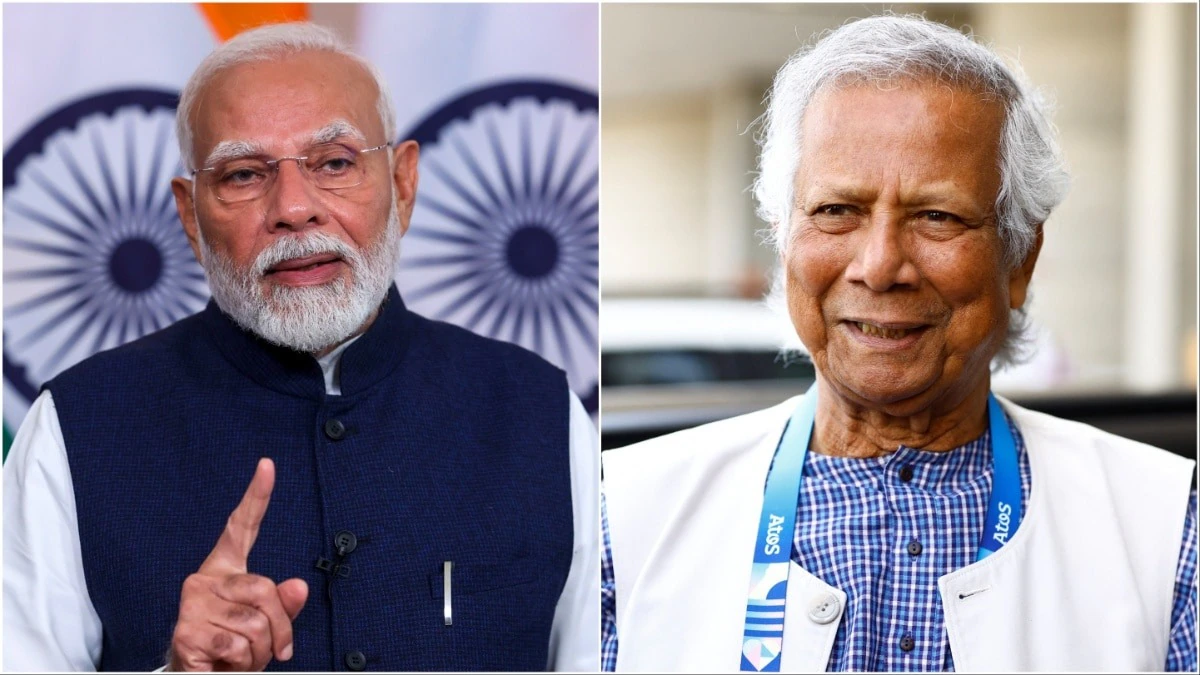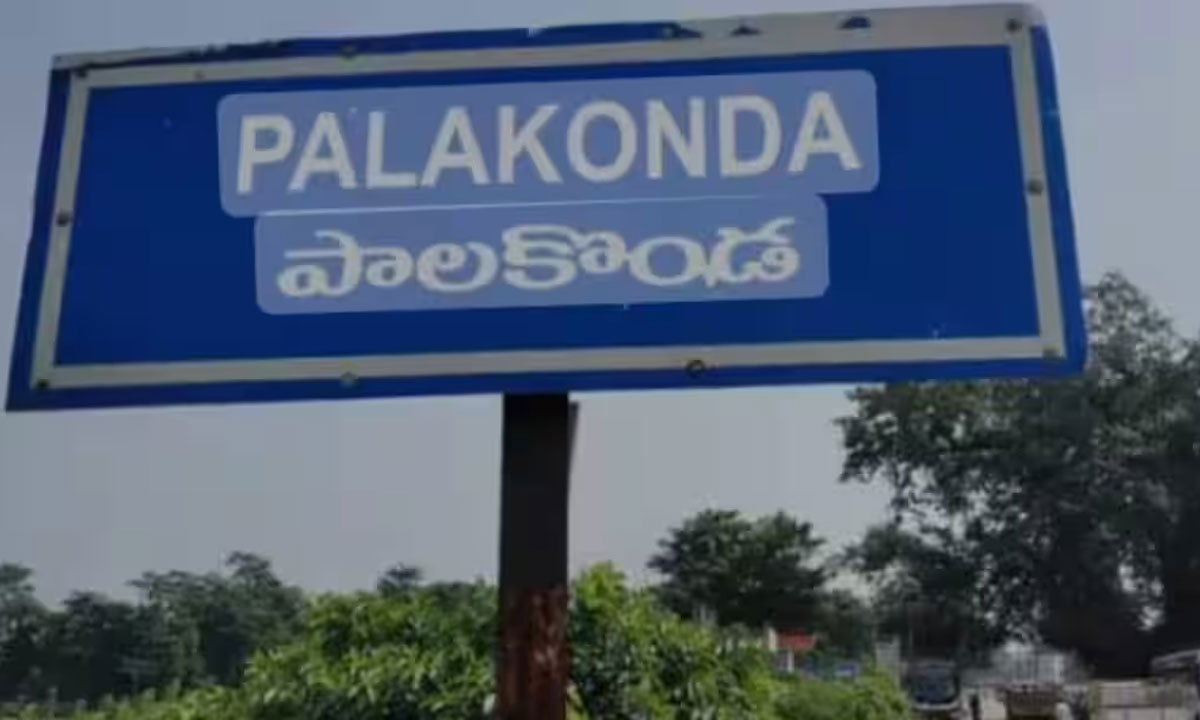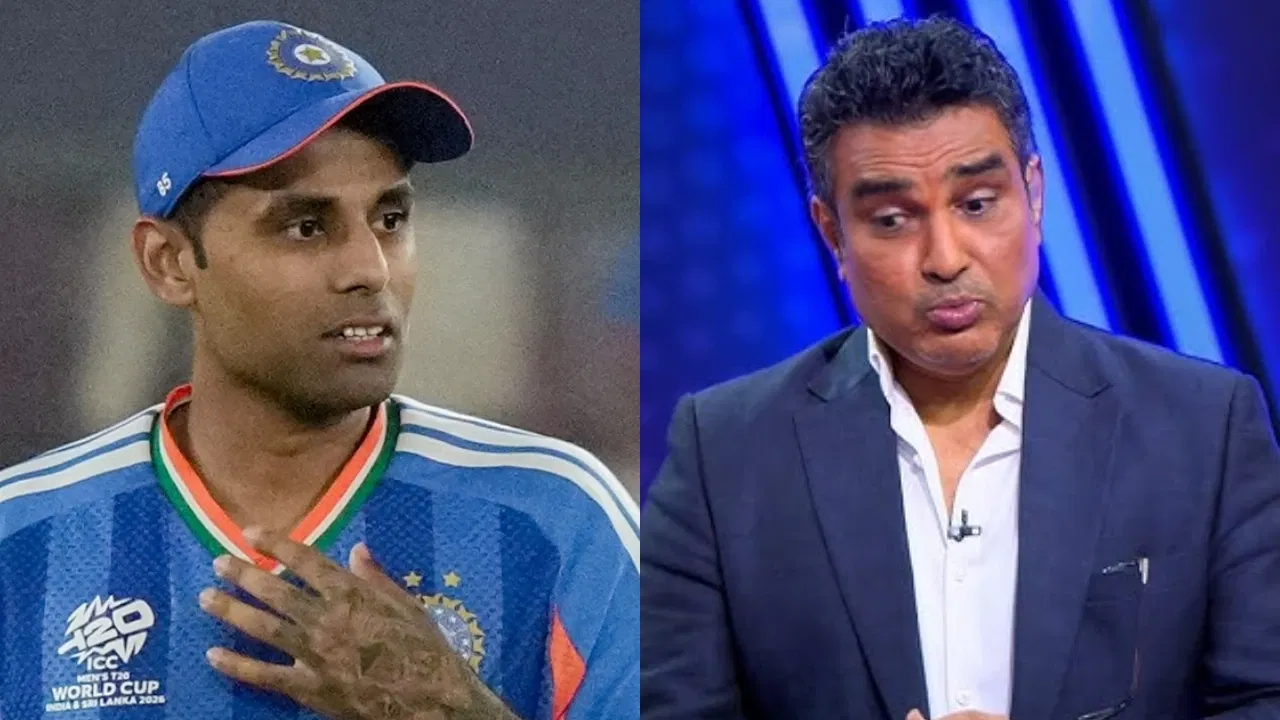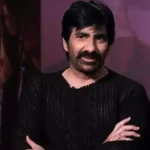Prime Minister Narendra Modi was among the first leaders to extend best wishes to Nobel laureate Prof Muhammad Yunus (84) on taking oath as head of Bangladesh’s interim government and said that India is hoping for an ‘early return to normalcy’ in the country, which would also ensure the safety and protection of all Hindus and other minority communities.
Narendra Modi extended his best wishes to Yunus and urged him to ensure “the safety and protection of Hindus and all other minority communities” who have come under attack following the ouster of Prime Minister Sheikh Hasina on August 5.
This direct reference to the safety of Hindus and other minorities in Bangladesh underlines Delhi’s expectations from the new players in Dhaka.The Prime Minister emphasised India’s commitment to collaborating with Bangladesh to achieve the shared aspirations of both nations for peace, security, and development.
“My best wishes to Professor Muhammad Yunus on the assumption of his new responsibilities. We hope for an early return to normalcy, ensuring the safety and protection of Hindus and all other minority communities. India remains committed to working with Bangladesh to fulfill the shared aspirations of both our peoples for peace, security and development,” PM Modi wrote on X.
Muhammad Yunus took oath as the head of Bangladesh’s interim government on Thursday night. This comes three after former Prime Minister Sheikh Hasina resigned and fled the country on August 5 amid violent protests. He was administered the oath of office by President Muhammed Shahabuddin at a ceremony at the presidential palace ‘Bangabhaban’.
Yunus was recommended for the role by student protesters and returned to Dhaka earlier on Thursday from Paris, where he was undergoing medical treatment.
According to the information, Yunus will be the chief adviser in the interim government tasked with holding fresh elections in the South Asian country of 170 million people. Sixteen other people have been included in the interim Cabinet with members drawn mainly from civil society and including two of the student protest leaders










